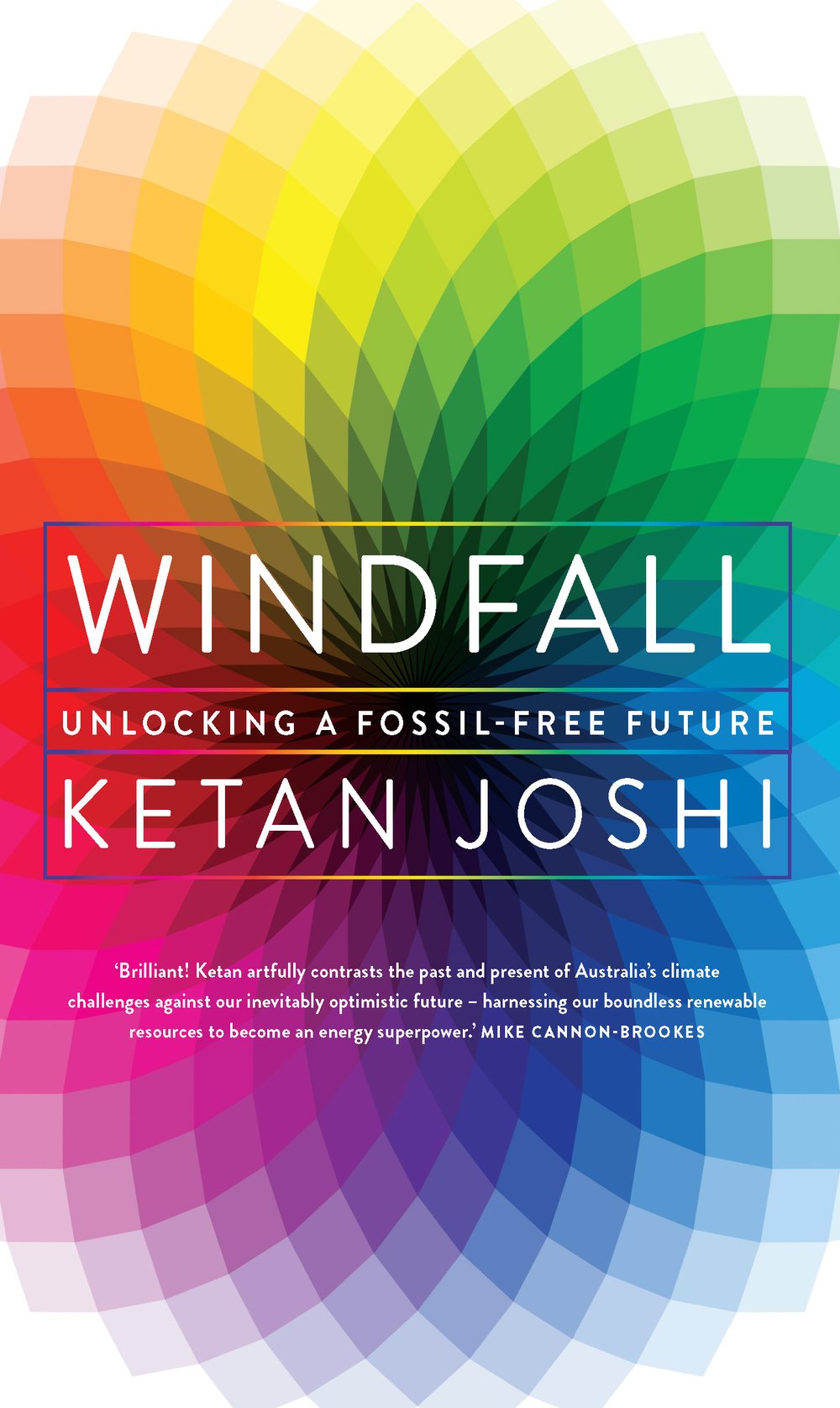The 2020s have begun with a painful barrage of crises, and a storm of helplessness. Tragically, it comes after a year in which a collective drumbeat for climate action was beginning to form. What a hit to our will, and our strength. So many Australians were forced to flee from the bushfire crisis – a threat that demanded immediate, fleet-footed action. The management of COVID19 meant staying in a single place, the precise opposite of the previous crisis, and painful in a range of new ways. It’s whiplash, exhaustion, uncertainty, fatigue and pain on repeat. 2020 is creating wounds that won’t heal without help.
We are inflicted with these cuts while deep in a pit of history. Climate change sits above, beneath and within it all. It will be the shorthand for these years, once we’re deep into the century. We are Children of the Climate Decades. It is not our Big War, or our Big Disease. Climate change is something entirely new; an entirely novel fight we must figure out ourselves.
Right now, surrounded by overlapping crises, is the time that we are best placed to rethink how we cope with a heating planet and how we resist collapsing into further climate harm. For both, we have far more control over our fate than we have been told.
For the past decade in Australia, the core goal of those who profit from the cause of climate harm was badly delaying action to cure that curse. They told us wind farms cause sickness. They told us renewables cause blackout and high prices. They told us that a carbon pricing scheme would wipe entire towns off the map. They told us that we are too pathetic to figure out a way to escape the traps created by the fossil fuel industry.
These lies weren’t always widely believed, but their presence introduced enough uncertainty and exhaustion into the souls of Australians that the momentum required for climate action was easily stifled. But when you discover the reality of climate action, you realise why so much intense, passionate, sweated-brow grunt was put into obscuring and denying it.
From a technological standpoint, everything can be electrified. That massively reduces the total amount of energy required, because electricity is inherently far more efficient than the wasteful processes of extracting and burning fossil fuels. Everything becomes interconnected – demand, supply, solar, wind, cars, appliances, streets, buses, trains. That connection and digitisation revolution can come standard with emissions elimination. The machines will be better, faster, more advanced and shinier, in a world where they’re also cleaner.
From a social perspective, climate action can be tuned to rectify so many of the things that are hurting us, this year. A massive mobilisation to rapidly decarbonise all of Australia in the space of less than a decade would provide stable work for anyone who wants it. The varieties of skills required for this are simply everything and everyone. COVID19 has wrecked work. It has made us poorer and more unhappy. Imagine the purpose and pay that would stem from a national-scale project like this. At the lower level, communities and individuals can become direct participants in climate action; whether it’s rural partial ownership of a big wind farm, solar panels on a rooftop or renters creating a citizen-owned utility.
From an economic perspective, there isn’t much more to say than the undeniable fact that an upgraded, clean, safe human society is far cheaper and far more efficient than a dirty, unsafe one. If GDP is all your think about, you ought to be as passionately against fossil fuels as Extinction Rebellion and Greta Thunberg.
Finally, from an environmental perspective, redefining humanity to rely on safe energy means preserving so much of the natural world currently under pressure, or under threat, from the impacts of climate change. In the oceans, on land and in the skies, life would thrive on a climate-controlled planet. A clean society would remove extractive processes from fuel supply. Building these machines would require some extraction during the transition process, and new technologies like wind and solar do require land, but both of these can be managed effectively.
What now? The first, most important step is understanding what is being denied to you by a few, terrible, powerful people. Everything that has hurt in the past year – fire, disease and social isolation – can be cured as part of the broader, century-defining project to redirect our species away from self-destruction.
The problems that caused climate change are deep. Corporate, political, media and cultural problems – systemic and ingrained – all played a role in both creating the climate threat and knee-capping our attempts to resolve it. So many of these systemic problems sit underneath our failure to deal with a pandemic, too. Even if we cured the symptoms, it wouldn’t be long before those same systems created another climate change. Get the fix right,and we can bake the cure deep into humanity. No more crisis whiplash.
My book, Windfall: Unlocking a Fossil Free Future, is about the efforts to create the illusion that climate action hurts, when we know it is transformative and beneficial, when done right. What the dawn of 2020 has revealed is that climate action can heal, too. We need that so badly, right now.
On top of the need to heal the hurt, we need a mission – we need something active and impassioned, something we can see and feel the benefits of immediately. Something more brave and bold than simply staying inside our homes (as good as that is). Climate isn’t a waiting game, like COVID19 is. This is something that is bettered by our grit, our sweat and our drive.
Climate action that is truly inclusive – that calls upon every single human alive to become a participant and beneficiary of change – can be that mission. This is a turning point, and there has never been a better time to seize control of fate, and decide our future.
Ketan Joshi's book Windfall: Unlocking a fossil-free future will be published by NewSouth in September 2020.



